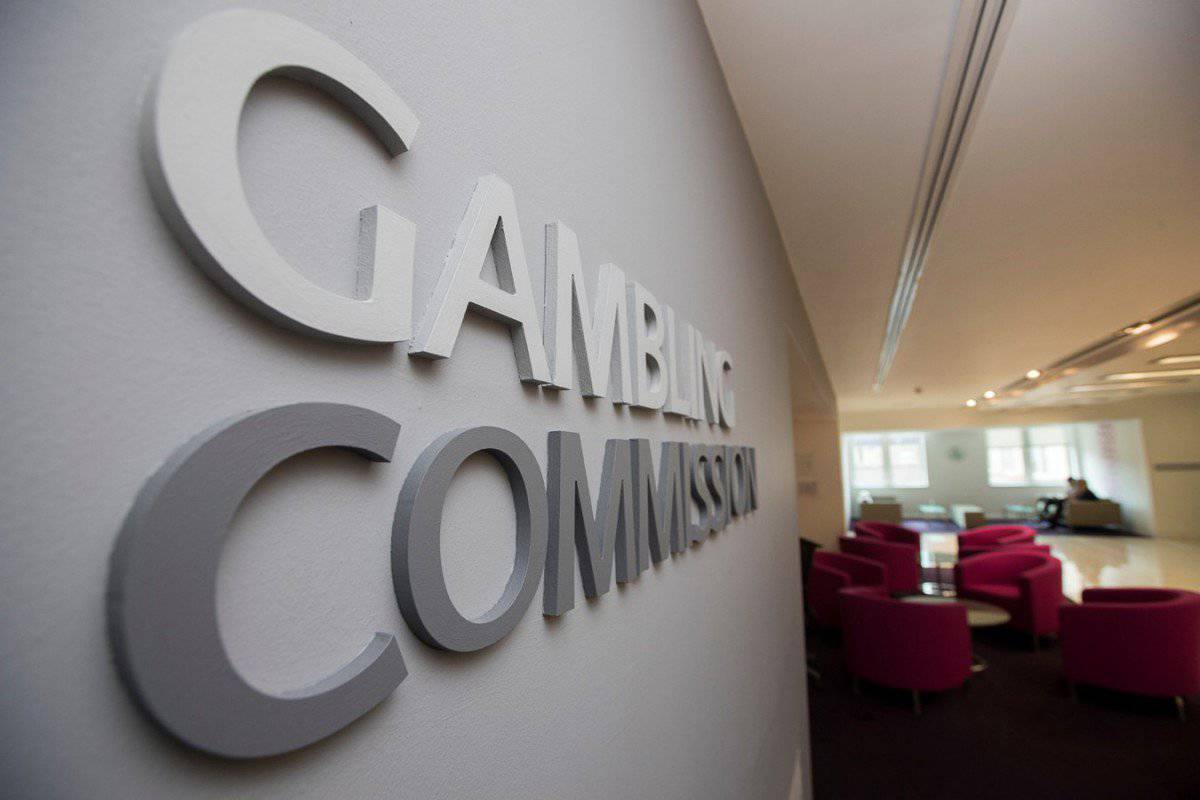The UK Gambling Commission (UKGC) has reiterated its commitment to combatting gambling-related harm in the country.
A response was issued after the House of Commons Public Accounts Committee released a report which branded the Commission as ‘toothless’.
The regulatory body is now considering taking further steps to protect gamblers who could be perceived as vulnerable.
When it comes to tackling gambling-related harm, the UKGC said that it’s determined to make “further and faster progress”.
“There is always more to do”
A spokesperson from the UKGC had the following to say.
“We are committed to making even further and faster progress to address gambling harms and were already addressing a number of the issues highlighted by the National Audit Office earlier this year.
“Over the past two years we have strengthened player protection measures, tightened the regulation of the online sector, introduced strict age and ID verification checks, brought in a ban on gambling with credit cards, and been tougher through our enforcement activity.
“In recent weeks we have also established an Experts by Experience advisory group who will help us to strengthen our efforts and help ensure we make an impact where it matters.
“We accepted before the Committee that there is always more to do and we are carefully considering the findings of their report to see what other additional steps we can take.”
UKGC not the only one to feel the report’s heat
The Public Accounts Committee’s report was based on little, in comparison to other reports. There was only one session with UKGC Chief Executive Neil McArthur and Sarah Healey – Permanent Secretary for the Department of Culture, Media and Sport (DCMS).
The DCMS was also criticised in the report, being described as ‘complacent’.
A number of suggestions have been made by the Public Accounts Committee. These include league tables for social responsibility, as well as making consumer rights more robust.
The Betting and Gaming Council (BGC) has also responded to the criticism of the UKGC and DCMS. It believes that over-regulating UK gambling would push players towards the black market.



















